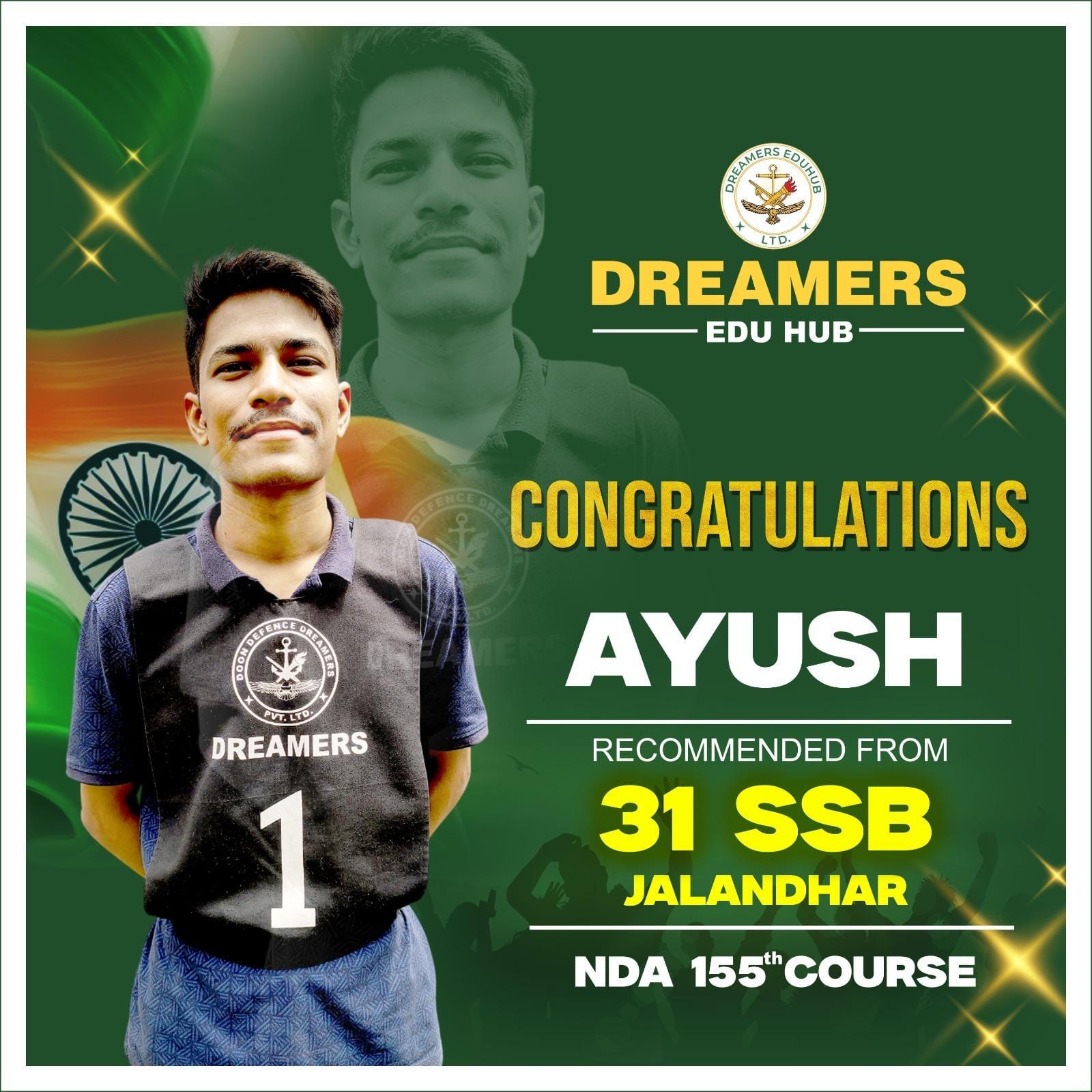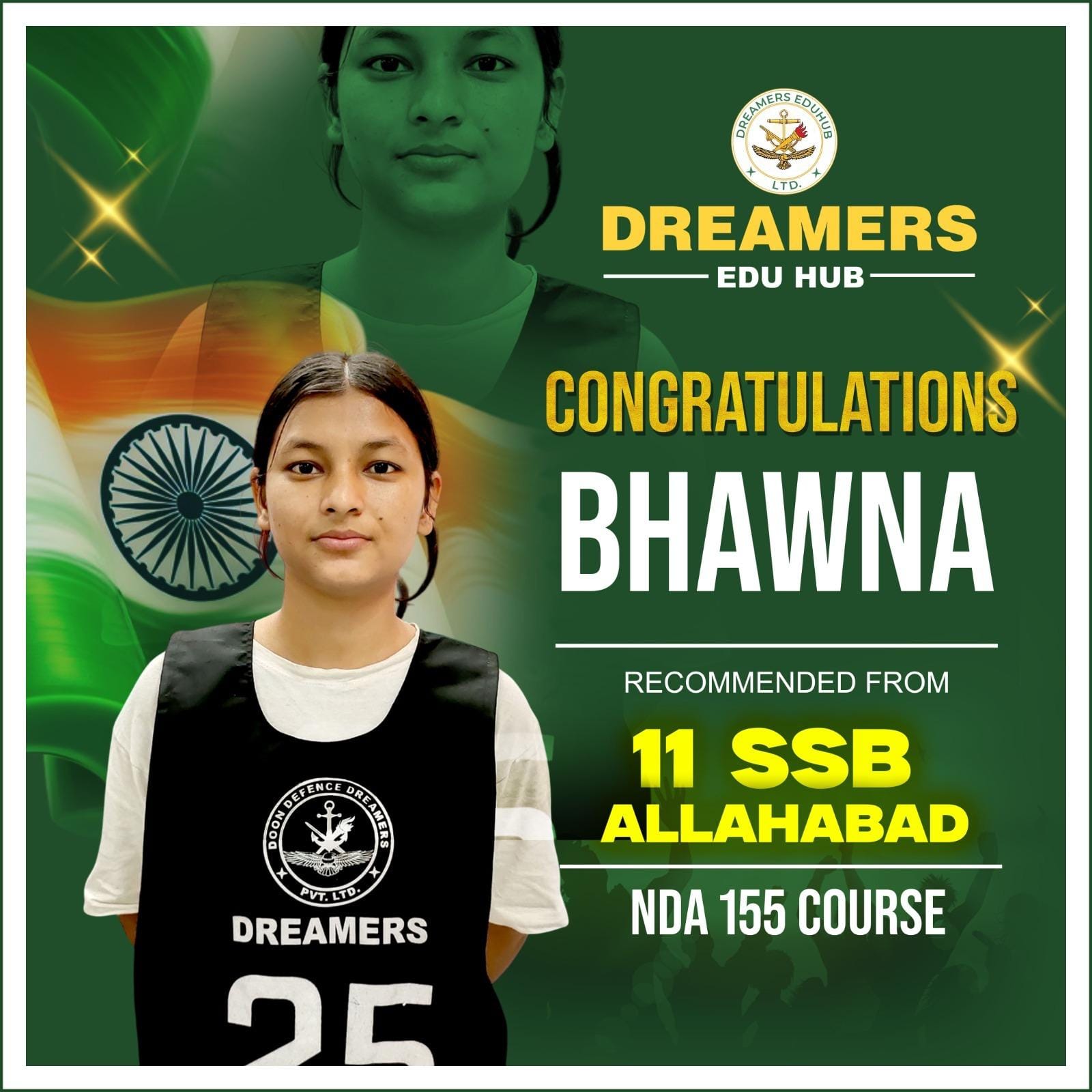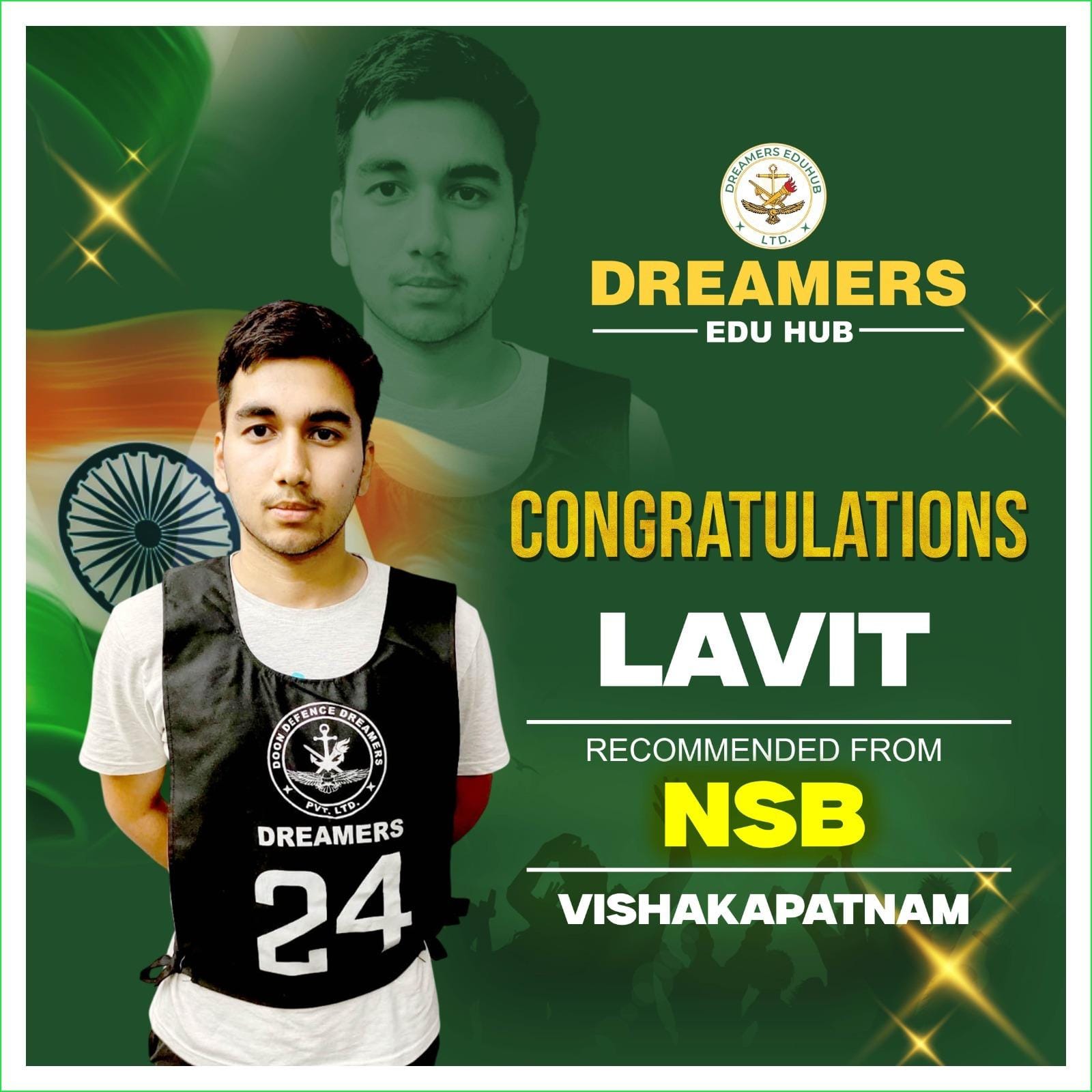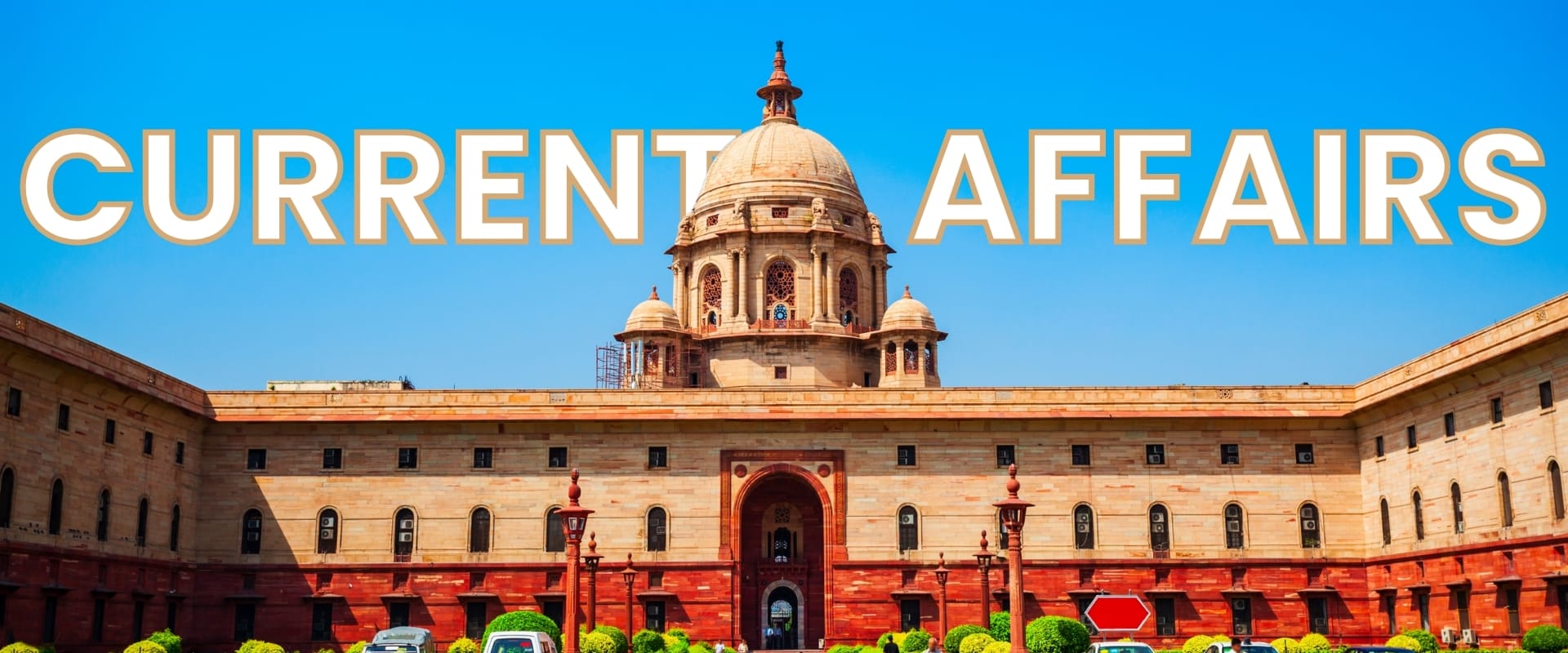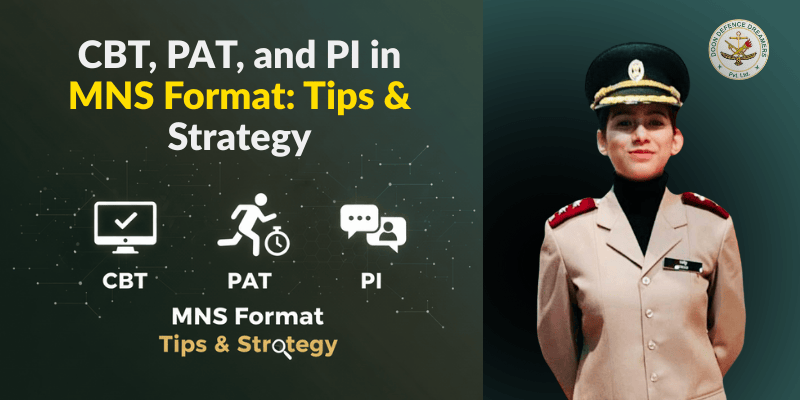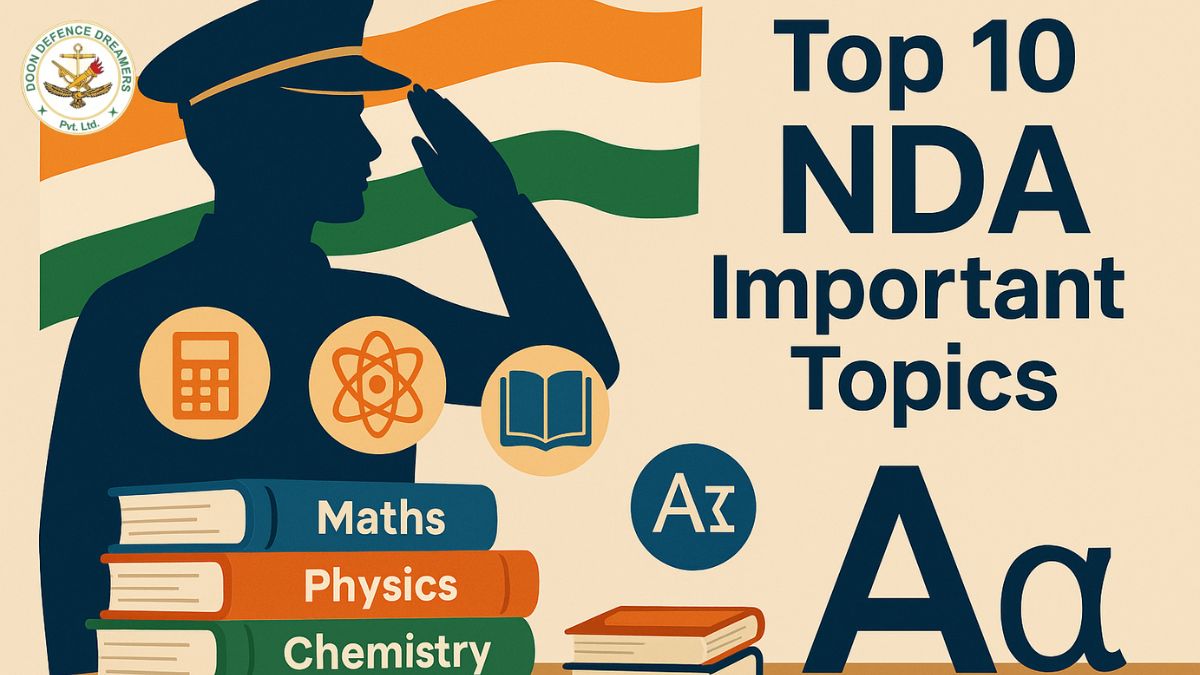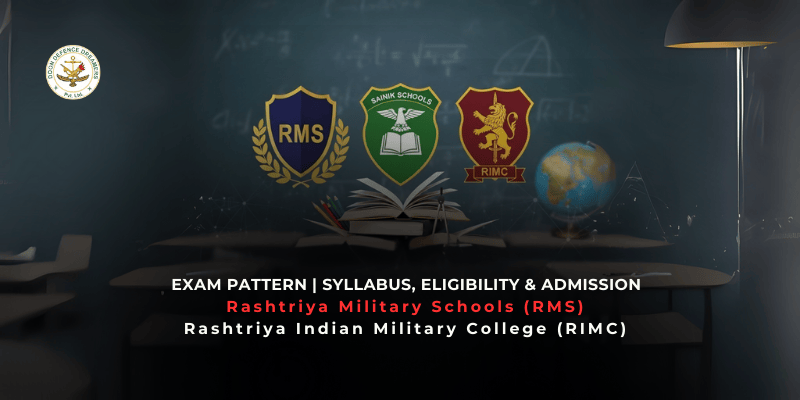The Union Public Service Commission (UPSC) Civil Services Examination (CSE), commonly known as the IAS exam, is one of the toughest and most prestigious exams in India. Every year, lakhs of aspirants appear for this exam with the dream of serving the nation as an IAS, IPS, or IFS officer. Institutions like Dreamers IAS play a vital role in guiding aspirants with the right strategy, resources, and mentorship to succeed in this journey. Successfully navigating the challenges of the upsc process is essential for aspirants.
This article covers everything you need to know about UPSC preparation — from understanding the exam structure, preparing current affairs, strategies, and practical tips to stay consistent. With the right approach, you can master the upsc examination techniques.
UPSC IAS Exam Overview
| Category | Details |
|---|---|
| Exam Conducting Body | Union Public Service Commission (UPSC) |
| Exam Name | Civil Services Examination (CSE) – IAS/IPS/IFS & others |
| Stages | 1. Preliminary Exam (Objective, 2 papers)2. Main Exam (Descriptive, 9 papers)3. Personality Test / Interview |
| Mode of Exam | Offline (Pen & Paper based) |
| Frequency | Once every year |
| Application Mode | Online (through UPSC official website) |
UPSC Exam Dates (based on annual calendar)
For additional information and resources, consider exploring various study materials tailored specifically for the upsc exam.
| Event | Expected Timeline |
|---|---|
| Notification Release | February |
| Application Form | February – March |
| Prelims Exam | May / June |
| Prelims Result | June / July |
| Mains Exam | September |
| Mains Result | December |
| Interview | January – March (next year) |
| Final Result | April (next year) |
Eligibility Criteria
| Factor | Requirement |
|---|---|
| Nationality | – Must be an Indian citizen for IAS & IPS. – For other services, citizens of India, Nepal, Bhutan, or certain categories allowed. |
| Age Limit | – General: 21 to 32 years (on 1st August of exam year). – OBC: 21 to 35 years. – SC/ST: 21 to 37 years. |
| Attempts Allowed | – General: 6 attempts. – OBC: 9 attempts. – SC/ST: Unlimited (till age limit). |
| Educational Qualification | Must hold a Bachelor’s degree (any discipline) from a recognized university. Final year students can also apply. |
| Physical Standards | Candidates must meet required health/fitness criteria as per UPSC norms. |
UPSC IAS Exam Pattern & Syllabus
| Stage | Paper | Subjects / Syllabus | Marks | Nature |
|---|---|---|---|---|
| Prelims | Paper I | General Studies (History, Polity, Economy, Geography, Environment, Current Affairs, Science) | 200 | Qualifying for Mains |
| Paper II (CSAT) | Comprehension, Reasoning, Basic Numeracy, Decision Making | 200 | Qualifying (33% minimum) | |
| Mains | Essay | Essay on general topics | 250 | Counted for merit |
| GS Paper I | Indian Heritage & Culture, History, Geography | 250 | Counted for merit | |
| GS Paper II | Governance, Constitution, Polity, Social Justice, IR | 250 | Counted for merit | |
| GS Paper III | Economy, Agriculture, Environment, Science & Tech, Security | 250 | Counted for merit | |
| GS Paper IV | Ethics, Integrity, Aptitude | 250 | Counted for merit | |
| Optional Paper I & II | Chosen optional subject (e.g., History, Geography, Sociology, PSIR etc.) | 500 (250+250) | Counted for merit | |
| Qualifying Paper A | Indian Language (as per 8th Schedule) | 300 | Qualifying only | |
| Qualifying Paper B | English | 300 | Qualifying only | |
| Interview | Personality Test | Communication, analytical ability, decision-making, current affairs, awareness | 275 | Counted for merit |
| Total Marks | 2025 (Mains 1750 + Interview 275) | — | — |
How to Prepare Current Affairs for UPSC
Read Newspapers: The Hindu or The Indian Express. Focus on government schemes, judgments, international relations, and editorials.
Magazines: Yojana, Kurukshetra, and monthly current affairs compilations.
Government Sources: PIB, PRS India, Budget, Economic Survey, NITI Aayog reports.
Make Notes: Categorize notes under Polity, Economy, Environment, Science & Tech, etc.
Revise Multiple Times: Don’t just read; revise at least 2–3 times.

Strategy for IAS Preparation
Start with NCERTs & Standard Books
NCERTs (6th–12th) for basics.
Standard books:
Polity – Laxmikanth
History – Spectrum + NCERTs
Geography – NCERT + GC Leong + Atlas
Economy – Ramesh Singh + Economic Survey
Environment – Shankar IAS
Integrate Current Affairs with Static Subjects
Link daily news to UPSC syllabus topics.
Answer Writing Practice
Daily answer writing for GS and Essay.
Join a test series (Dreamers IAS offers structured practice).
Optional Subject Selection
Choose based on interest and resource availability.
Revise thoroughly with examples.
Time Management
Maintain 6–8 hours of focused study daily.
Balance Prelims, Mains, and Current Affairs.
IAS Exam Preparation Tips
Be consistent; UPSC is a marathon, not a sprint.
Revise more instead of reading too many new books.
Solve mock tests for both Prelims and Mains.
Use flowcharts, diagrams, and maps in answers.
Dedicate 1 hour daily for current affairs.
Don’t delay Mains prep until after Prelims.
Stay healthy — meditate, exercise, and rest.
Seek guidance and mentorship from experts like Dreamers IAS.
Why Dreamers IAS?
Dreamers IAS stands out because of:
Structured coverage of the entire UPSC syllabus.
Personalized mentorship and doubt resolution.
Daily answer writing and test discussions.
Mock test series for Prelims & Mains.
Focused current affairs modules with revision-friendly notes.
Doon Defence Dreamers is a renowned institute dedicated to preparing aspirants for Defence and Civil Services examinations. With its disciplined approach, experienced faculty, and result-oriented methodology, it guides students aspiring for NDA, CDS, AFCAT, as well as UPSC Civil Services. The institute emphasizes both academic knowledge and personality development, ensuring candidates are well-prepared for written exams, interviews, and the overall challenges of competitive exams.
Key Takeaways
UPSC Exam = Prelims + Mains + Interview → Each stage demands different strategies.
Current affairs are non-negotiable → Use newspapers, magazines, and PIB effectively.
NCERTs are the foundation → Standard books + current affairs = success formula.
Answer writing is the game-changer → Practice daily to improve clarity and presentation.
Revision > New Reading → Revise multiple times instead of chasing too many resources.
Dreamers IAS provides structured guidance and mentorship to stay on track.
FAQs on UPSC Preparation
Q1. How many hours should an IAS aspirant study daily?
Most successful aspirants study around 6–8 hours daily with consistency. Quality matters more than quantity.
Q2. Is coaching necessary for UPSC preparation?
Not mandatory, but coaching like Dreamers IAS can provide guidance, structure, test series, and mentorship that save time and improve efficiency.
Q3. How many attempts can one make for the UPSC exam?
General Category: 6 attempts up to 32 years
OBC: 9 attempts up to 35 years
SC/ST: Unlimited attempts up to 37 years
Q4. How should beginners start UPSC preparation?
Start with NCERTs (6th–12th).
Read one newspaper daily.
Pick standard books (Polity, History, Economy, etc.).
Slowly integrate current affairs and answer writing.
Q5. How important is current affairs for UPSC?
Very important. Current affairs influence Prelims (direct questions) and Mains (GS answers, Essay, and Interview discussions).
With the right strategy, discipline, and guidance from Dreamers IAS, cracking UPSC is possible for every serious aspirant.




